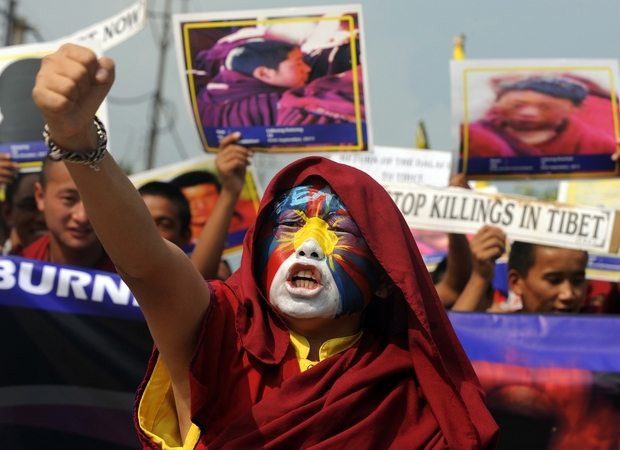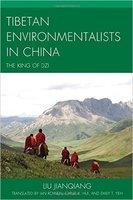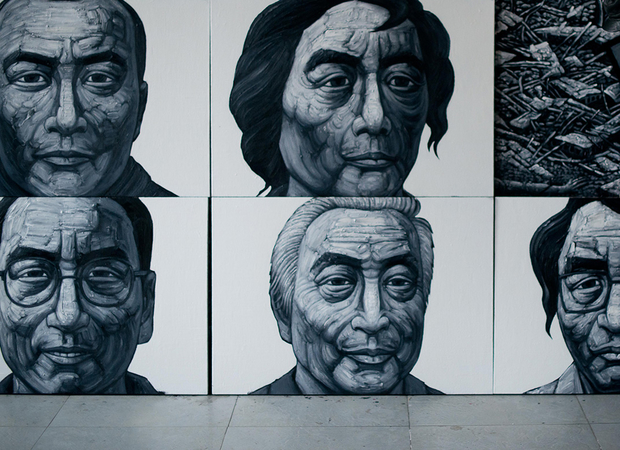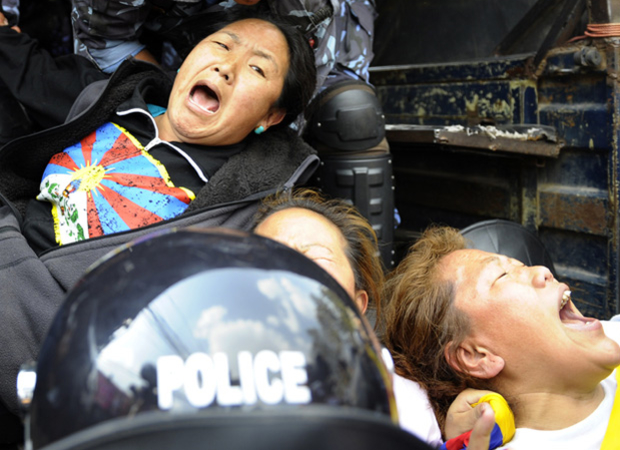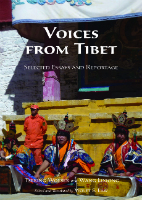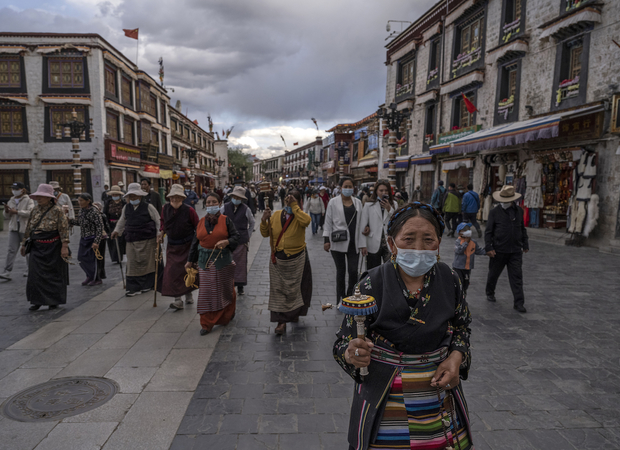
How Much Does Beijing Control the Ethnic Makeup of Tibet?
The idea of swamping, which the Dalai Lama himself elaborated in 2008, holds that China’s government has been seeking to solve its problems in Tibet and other “ethnic minority” areas such as Xinjiang by turning local indigenous ethnic groups (...




